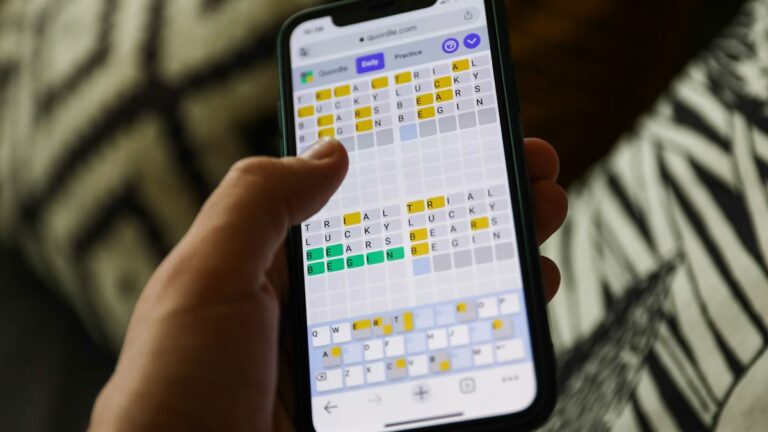In the latest battle between AI and the media, major Danish newspapers and TV stations are threatening to sue OpenAI unless the company compensates the country’s press for allegedly using their content to train its models.
“We want remuneration for our work [which] they have used to train their model,” says Karen Rønde, CEO of the Danish Press Publications’ Collective Management Organization (DPCMO), which represents 99 percent of Danish media outlets, including state broadcaster DR and TV 2. Rønde says the DPCMO plans to sue if a deal is not reached in the next year.
AI has created a new front in copyright law after a series of lawsuits claimed that OpenAI, which is backed by Microsoft, scraped news companies’ websites without permission in order to train its AI models. Soon after those lawsuits, OpenAI struck a series of licensing deals with major publishers, enabling the company to train its future iterations of ChatGPT on their content. Financial terms for the deals have not been disclosed.
Now, Danish media is attempting to force OpenAI to negotiate with them as a collective, an unusual tactic that could provide a model for other small countries if successful. So far, OpenAI has been striking deals with publishers individually and has announced content partnerships with the Financial Times and the Atlantic, as well as German media conglomerate Axel Springer, French newspaper Le Monde, and Spanish group Prisa.
After meeting with OpenAI online and in-person earlier this year, Rønde says she was left with the impression that Denmark was not a top priority. “It was made clear that the focus was the deal in Germany and the deal in France and the deal in Spain and of course, the American ones,” she says. “There are so many content creators in all the other territories and they are now left with nothing.”
Rønde has sent a letter to OpenAI’s lawyer at Dutch firm Brinkhof informing them of Danish copyright law, and says she is waiting for a response. She presumes OpenAI has already used content from Danish press websites because the company has not told her otherwise, she says. Neither OpenAI nor Brinkhof replied to WIRED’s request for comment.
For Rønde, time is of the essence. She wants to strike a deal with OpenAI and also Google’s Gemini in the next year, before the use of AI chatbots and search engine overviews further marginalizes publishers’ websites. “Maybe then it [will be] too late, and the value of the press publishers’ content will be—in one or two or three years—too low,” she says. “If we cannot enter into a partnership agreement within a reasonably short time frame, then we need to enforce our rights.”
DPCMO was set up in 2021 to help Danish media negotiate with Big Tech. “We needed to stand united, otherwise we feared that Denmark would be too small a country to be prioritized in the discussion with Big Tech,” says Rønde.
Last year, the group secured preliminary license agreements with Microsoft’s Bing and Google to feature Danish publishers’ content in the company’s search engines. Although the agreements outlined that publishers should be compensated by the two companies, the deals did not agree on how much.


















+ There are no comments
Add yours